Building a Strong HR Foundation: Essential Insights for Startups
Introduction
As a startup, your focus is on innovation, growth, and breaking new ground. However, amidst the excitement of product development and market exploration, it's crucial not to overlook the backbone of your business: Human Resources (HR). Establishing a solid HR foundation is not just about compliance; it's about creating a culture, driving performance, and laying the groundwork for sustainable success. Here's what you need to know and take action on to build a robust HR framework for your startup.
Understanding HR's Role
HR goes beyond hiring; it's about developing a strategic approach to managing people, which in turn drives your business forward. A well-structured HR foundation helps you attract, retain, and motivate talent, ensuring your team is engaged and productive.
Key Areas of Focus:
Compliance and Legal Foundations:
Understand and adhere to employment laws to avoid costly legal issues.
Ensure proper classification of employees and contractors.
Implement essential policies and procedures to meet legal requirements.
Talent Acquisition and Onboarding:
Develop a clear employer value proposition to attract the right talent.
Create a structured onboarding process to integrate new hires into your culture and accelerate their productivity.
Culture and Values:
Define and communicate your startup's mission, vision, and values.
Foster a culture that encourages innovation, collaboration, and open communication.
Performance Management:
Establish clear performance expectations and regular feedback mechanisms.
Implement a performance review process that aligns individual goals with company objectives.
Compensation and Benefits:
Develop competitive compensation packages to attract and retain talent.
Consider creative benefits and perks that resonate with your team's values and lifestyle.
Learning and Development:
Invest in training and development to enhance your team's skills and adaptability.
Encourage a culture of continuous learning and growth.
HR Technology:
Leverage HR technology to streamline processes, from recruitment to performance management.
Use data analytics to make informed decisions about your workforce.
Take Action
Conduct an HR audit to identify gaps and prioritize areas for development.
Seek advice from HR professionals or consultants who specialize in startups.
Engage your team in the development of HR initiatives to ensure they resonate with your company's culture and goals.
Conclusion
For startups, building a strong HR foundation is not just an administrative task; it's a strategic investment in your company's future. By focusing on these foundational HR elements, you can create an environment where your team thrives, your culture flourishes, and your business achieves its full potential. Start laying the groundwork for your HR framework today, and watch as it becomes a key driver of your startup's success.

